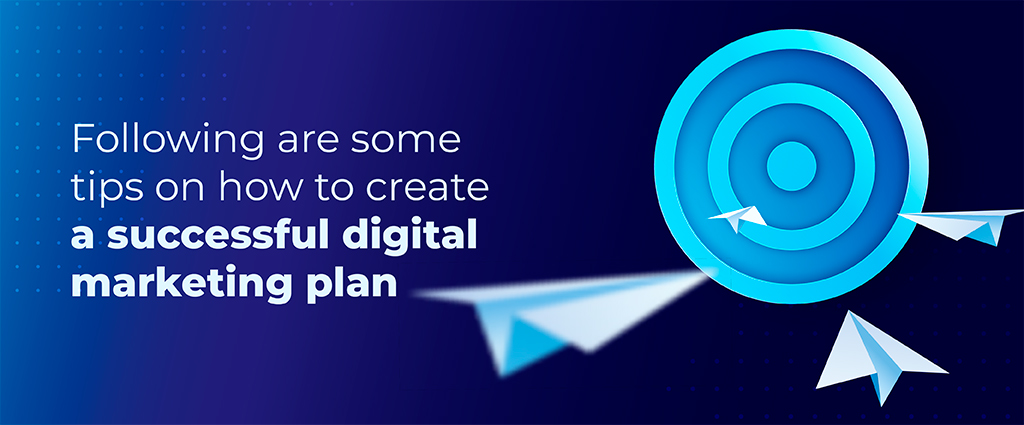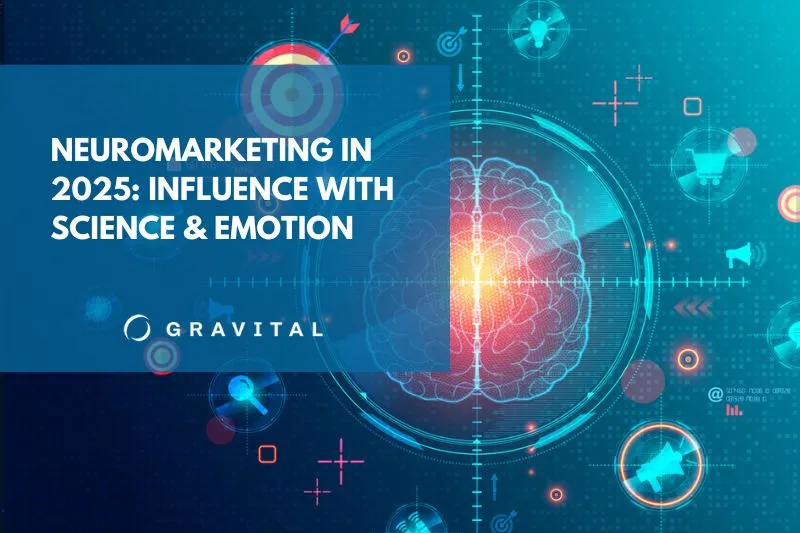Digital marketing has become a crucial component of business success in the 21st century. With billions of people spending hours each day online, companies can no longer rely on traditional marketing methods to reach their audiences. Instead, they need digital marketing to connect with customers and achieve their business goals.
ALSO READ: DIGITAL MARKETING VS TRADITIONAL MARKETING: WHICH ONE IS BETTER FOR YOU?
Digital marketing is the process of promoting products or services using digital technologies such as search engines, websites, social media, email and mobile devices. A well-crafted digital marketing plan can help businesses reach their target audience, increase brand awareness, generate leads and drive sales.


1. Define Your Goals
Before you start planning your digital marketing strategy, you need to outline your goals. What do you hope to achieve with your digital marketing efforts? Do you want to increase brand awareness, boost sales, generate leads? Your goals should be specific, measurable, achievable, relevant and time-bound (SMART goals). For example, your goal might be to increase website traffic by 20% within the next six months or to generate 50 leads per month.
2. Identify Your Target Audience
Knowing your target audience is critical for the success of your digital marketing plan. You need to understand the needs, preferences, behavior and demographics of your potential customers. With this knowledge, you can create relevant and personalized content that resonates with them. You can use tools such as Google Analytics, social media analytics and customer surveys to gather data about your target audience.
3. Conduct a SWOT Analysis
A SWOT analysis is a strategic planning tool that helps businesses identify their strengths, weaknesses, opportunities and threats. It can help you discover the areas in which you need to improve and the opportunities you can leverage. For instance, you might discover that your website is not mobile-friendly, which is a weakness that needs to be addressed. Or you might identify an untapped market segment that you can target.
4. Choose the Right Channels
Brands can choose from a variety of digital marketing channels to reach and engage their audiences, including social media, blog posts, email, video and online ads. Each channel has its strengths and weaknesses, and not all channels may be suitable for your business or product/service. You need to use the channels that are most effective in reaching your target audience and achieving your marketing objectives.
For example, if your objective is to increase brand awareness among a younger demographic, consider focusing your digital marketing efforts on social media platforms like TikTok and Instagram.
5. Develop a Content Strategy
To reach, engage and convert your target audience into paying customers, you need high-quality content that is relevant and adds value to that audience. A sound content strategy considers the types of content (infographics, social media posts, blog posts, videos, e-Books) to be produced, content topics, the voice and tone you will use to speak to your audience, and the channels you will use to distribute your content.
6. Create a Budget
Some digital marketing is free, but not all of it. You need to allocate your resources wisely and prioritize the content, channels and tactics that are most effective in achieving your goals. Your budget should include the costs of creating content, running ads, hiring freelancers or agencies and investing in tools and software, among others.
ALSO READ: HOW TO CREATE AN ASS-KICKING DIGITAL MARKETING BUDGET
7. Monitor and Measure Results
To know if your digital marketing plan is working, you need to monitor and measure your results. There are a variety of analytics tools that can help you to track your metrics. Some key metrics to monitor include website traffic, bounce rate, conversion rate, engagement rate, email open rate and click-through rate.
Creating a successful digital marketing plan requires careful planning, research, and execution. For additional information or if you could use some help planning your digital marketing efforts, talk to us.


